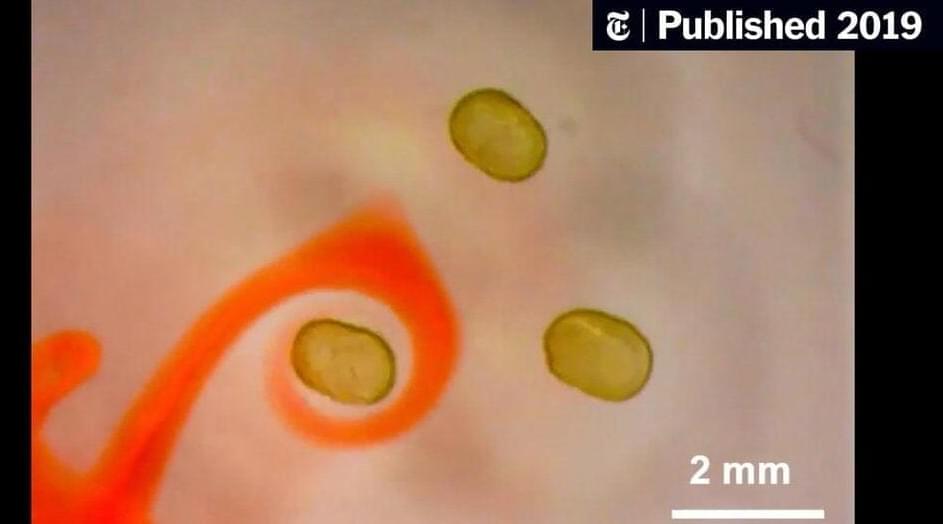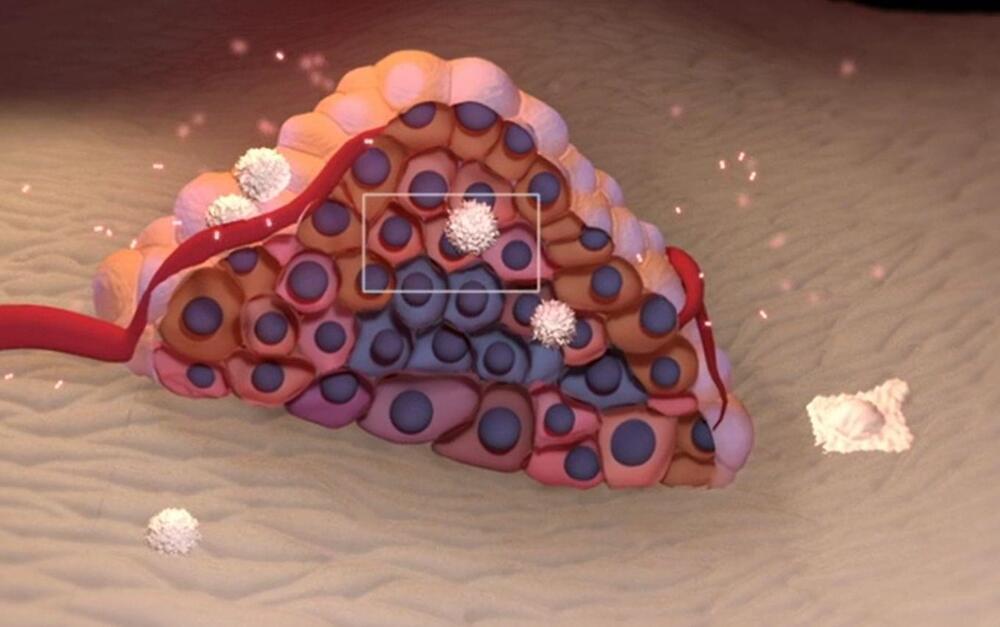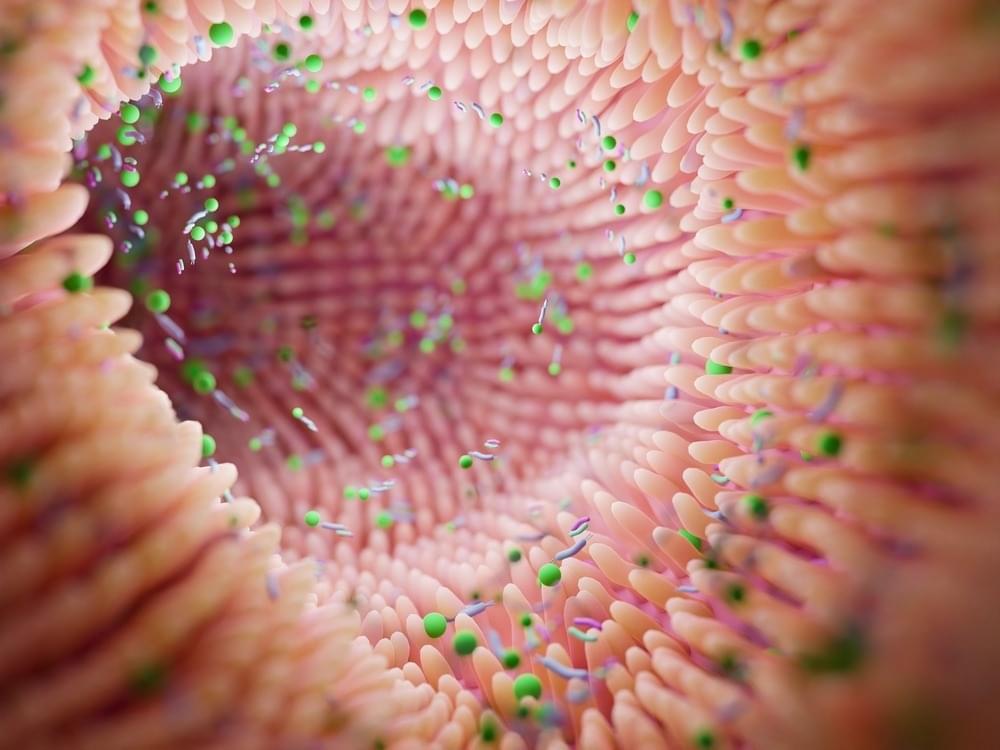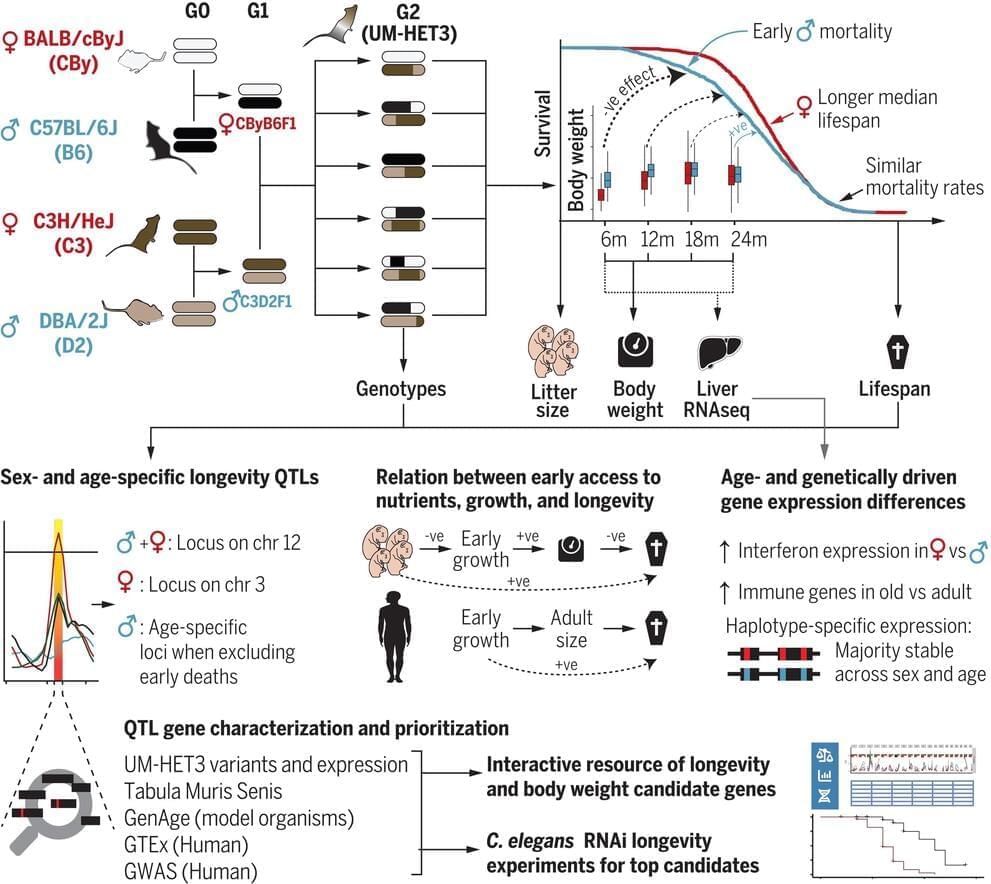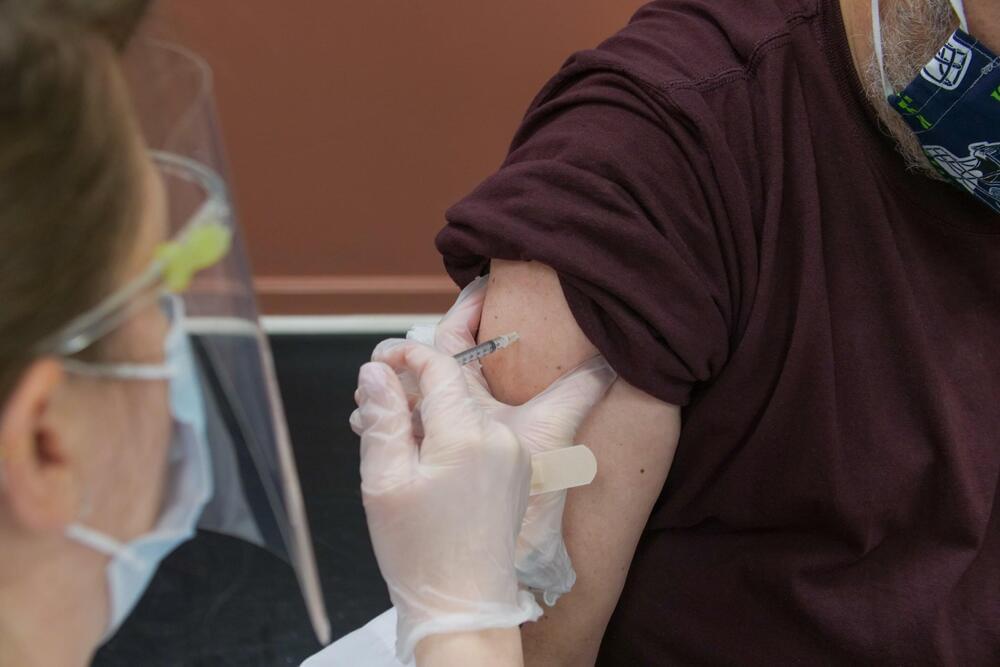When cancer develops in the body, it begins with tumor cells that rapidly multiply and divide before spreading. But how are these nascent tumor cells able to evade the body’s immune system, which is designed to recognize and defend against such faulty cells? The answer to this long-unsolved topic may hold the key to more successful cancer treatments — medications that block tumors’ subversive moves and allow the immune system to do its job.
Researchers at Harvard Medical School have now discovered a mechanism through which tumor cells can disable the immune system, enabling the tumor to spread unchecked. The study, which was conducted primarily in mice and published today in Science, demonstrates that tumor cells with a certain mutation generate a chemical, known as a metabolite, that weakens adjacent immune cells, making them less capable of eliminating cancer cells.
The results underscore the crucial roles played by tumor metabolites in the deactivation of the immune system by malignancies. The findings also highlight the crucial part that the tumor microenvironment—the region around the tumor—plays in the development of cancer.

